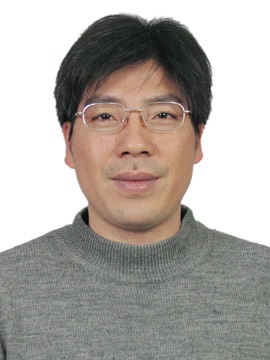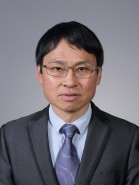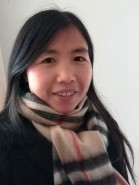Probability
Probability theory is a subject that studies the mathematical laws of random phenomena, and has a history of more than 300 years. It originated in the middle of the seventeenth century, when mathematicians first thought about the problem of probability theory, but it came from the problem of gambling. Demere, Pascal, Ferma and others first studied and discussed this issue. Later, Bernoulli proposed the law of large numbers, and Gauss and Poisson further reasoned the theory. In 1906, Russian mathematician Markov (Markov) proposed a mathematical model of the so-called Markov chain. In 1934, the former Soviet mathematician Khinchine proposed a theory of stationary processes that proceeded uniformly in time. The Lebesgue measure and integration theory completed in the early 20th century and the subsequently developed abstract measure and integration theory laid the foundation for the establishment of a probabilistic axiom system.
Due to the urgent need of scientific and technological development, Probability theory developed rapidly again in the 20th century, and also in the 21st century.
The study of probability theory in the Department of Statistics, School of Mathematical Sciences, Zhejiang University focuses on probability limit theory, random matrix, random process, and advanced probability theory.
-
Probability theory is a subject that studies the mathematical laws of random phenomena, and has a history of more than 300 years. It originated in the middle of the seventeenth century, when mathematicians first thought about the problem of probability theory, but it came from the problem of gambling. Demere, Pascal, Ferma and others first studied and discussed this issue. Later, Bernoulli proposed the law of large numbers, and Gauss and Poisson further reasoned the theory. In 1906, Russian mathematician Markov (Markov) proposed a mathematical model of the so-called Markov chain. In 1934, the former Soviet mathematician Khinchine proposed a theory of stationary processes that proceeded uniformly in time. The Lebesgue measure and integration theory completed in the early 20th century and the subsequently developed abstract measure and integration theory laid the foundation for the establishment of a probabilistic axiom system.
Due to the urgent need of scientific and technological development, Probability theory developed rapidly again in the 20th century, and also in the 21st century.
The study of probability theory in the Department of Statistics, School of Mathematical Sciences, Zhejiang University focuses on probability limit theory, random matrix, random process, and advanced probability theory.
-
Associate Professor












